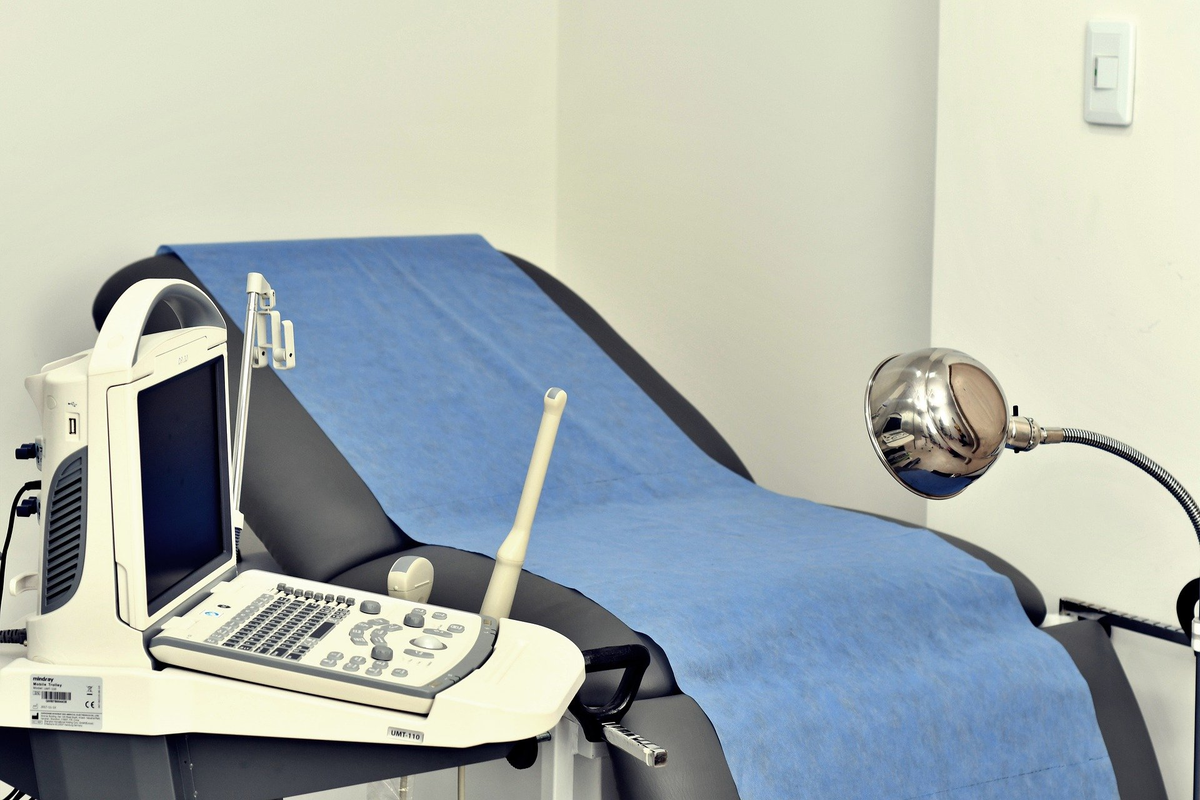Endoscopic Superbugs infections
Doctors use an endoscope to look inside the patient’s body to screen for disease and in some cases treat existing conditions. Endoscopic devices consist of light video cameras attached to long thin plastic tubes. Certain endoscopes come under scrutiny for potentially spreading the carbapenem-resistant Enterobacteria - a potentially deadly antibiotic resistant infection even when proper disinfection procedures are followed.
According to FDA, duodenoscopes, a type of endoscope used for endoscopic retrograde cholangiopancreatography (ERCP) procedures to examine the GIT system especially the pancreatic and bile ducts are designed in a way that may prevent the full cleaning and disinfection. If you have come across anyone who has unexplained illness after an endoscopic procedure, there are higher chances of infection.
Sterilizing endoscopic devices are important
Sterilizing the duodenoscopes between the uses requires hospital personnel to pay detailed attention to it. It is important for the safety of the patients to sterilize and disinfect the endoscopic medical devices and instruments regularly after each use. A multi-step process and detailed thorough cleaning and disinfection is a must to eliminate the risk and reduce the risk of transmitting serious infections. These infections can cause life-threatening conditions between the uses. The Center for Disease Control and Prevention (CDC) has reported the potential link between the multidrug-resistant bacterial infections in patients who have undergone endoscopic procedures with the reprocessed medical devices or instruments.
FDA announcements regarding the Reprocessed endoscopic devices
The FDA announced that it is investigating numerous medical devices causing patient infection and other possible contamination issues due to the reuse. The reprocessed urological endoscopic devices like cystoscope, ureteroscope, and cystourethroscopy devices which are needed to view the urinary tract and system have higher chances of spreading infection among the patients exposed to endoscopy.
Reprocessing of the medical devices involves both cleaning, disinfection, and sterilization of the devices and instruments before reuse. Medical devices are supposed to improve your care and not put you at risk of potentially fatal infection. If anyone has contracted the infection due to the endoscopic procedure, it is important to bring it to light. Proper guidance must be given to the hospital personnel to take further action to prevent these types of infection which can spread through the contamination of medical devices.
FDA action incase of reprocessing of medical devices
From Jan 1 2017 to Feb 20, 2021, the FDA received over 450 Medical Devices Reprocessed describing post-procedure patient infections or other possible contamination issues associated with reprocessing these devices. Many medical device companies were cited in the FDA's reports. The FDA is continuing to investigate these reports, but the FDA has not concluded any specific manufacturer or brand of devices to be associated with a higher risk of contamination.
The letter to health care providers, hospitals, and medical professionals on April 1, 2021, provides recommendations of reprocessing and using the devices as per the instructions laid by the FDA. It is important to discuss and know the potential risk and benefits associated with the procedures involving reprocessed urological endoscopes with patients.

 The FDA puts its best foot forward to ensure safety in regard to reprocessed medical devices. The FDA is actively engaged to help understand the risk and the causes associated with endoscopic procedures.
The FDA puts its best foot forward to ensure safety in regard to reprocessed medical devices. The FDA is actively engaged to help understand the risk and the causes associated with endoscopic procedures.


































